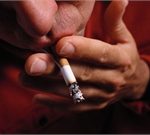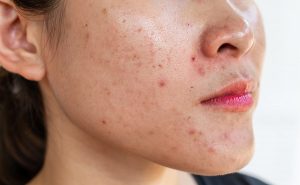
If you need more than two hands to count the number of lovers you’ve had in your life, new research suggests you might want to worry about your cancer risk. People who have had 10 or more sexual partners had higher odds of being diagnosed with cancer than those who were less sexually active, researchers report. Women with that many sex partners had nearly double the risk of developing cancer as women who remained virgins or only had one sexual partner, the study found. Meanwhile, men’s odds of a cancer diagnosis were increased by nearly 70% compared with those reporting one or no sex partners, and by 57% for those who had two to four sex partners during their life. “We expected there to be an association between number of sexual partners and cancer risk as previous research has shown that specific sexually transmitted diseases may lead to several cancers,” said study co-author Lee Smith, director of research at the Cambridge Centre for Sport and Exercise Sciences at Anglia Ruskin University in England. “Indeed, a higher number of sexual partners means greater potential exposure to STIs [sexually transmitted infections]. “It is interesting that the risk is higher in women when compared to men,” Smith continued. “This may be because the link between certain STIs and cancer is stronger in women, such as HPV and cervical… read on >




































